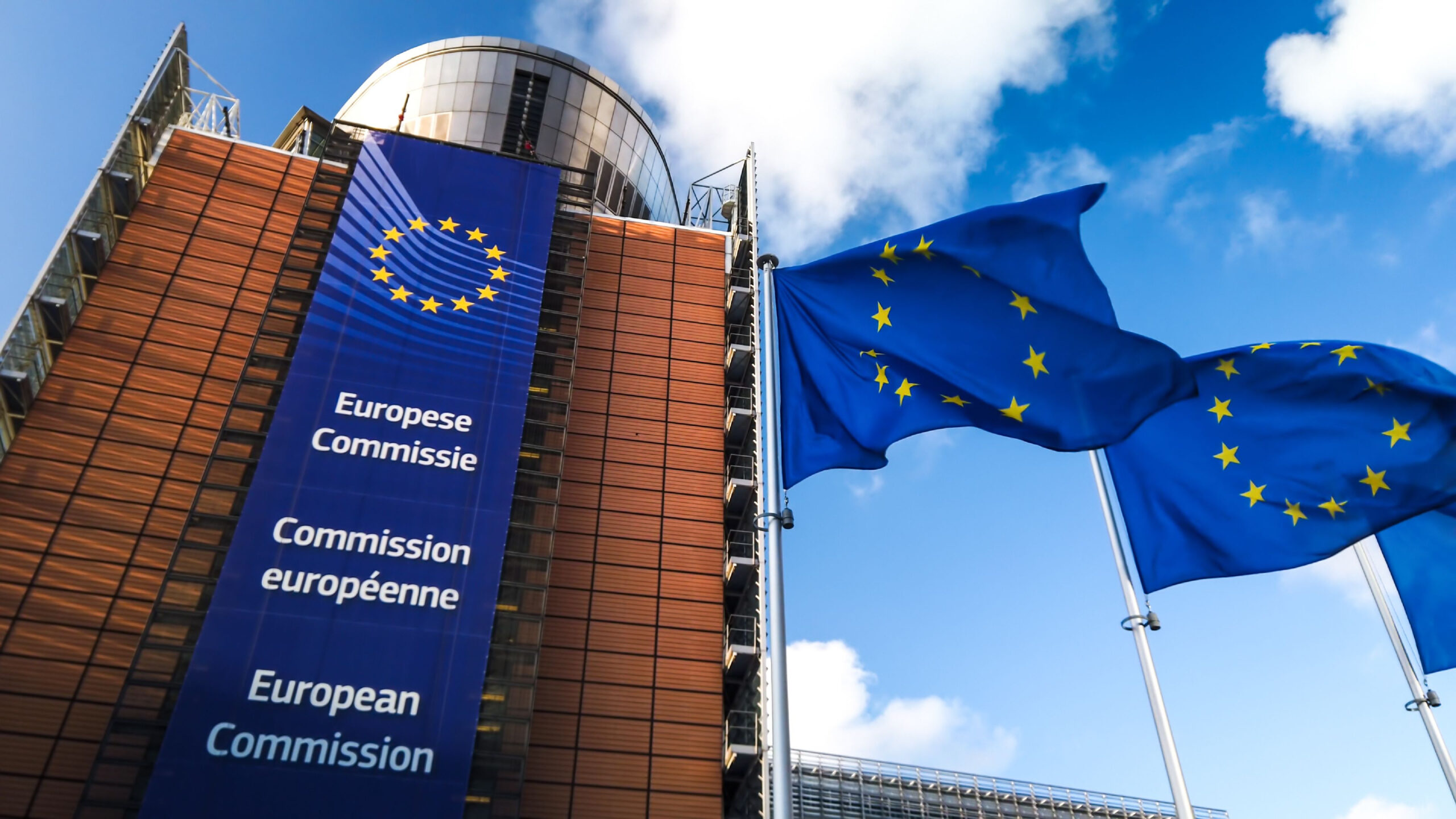Time to issue a red card on DMA fantasy football

Imagine assembling an all-star team from the Euro 2021 tournament. Cristiano Ronaldo, Patrik Schick, Karim Benzema, Emil Forsberg, Romelu Lukaku and Harry Kane scored 26 goals between them, and with another five players from the top scorers, we’re talking 41 goals in the tournament – an unbeatable assembly of the best attackers and scorers, right?
There is an obvious problem with this set-up, one that would set up this all-star team to fail. They are all attackers, and anyone following the beautiful game knows that to rule the pitch, a team depends as much on its mid-fielders and defenders, and when it comes to the crunch, an impenetrable goalkeeper.
What does this have to do with EU tech policy? EU parliamentarians are now making exactly this mistake with the Digital Markets Act, the new set of rules originally designed to ensure the digital economy remains free of anticompetitive conduct, but increasingly evolving into an instrument to punish successful U.S. platforms. Some parliamentarians are piling their attackers into the pitch, ultimately setting up the regulation to fail.
Proposed amendments to the DMA (more than 1000) have turned into a competition of who can devise the most brutal punishment, inspired by the lead set by Andreas Schwab, who holds the pen on the law in the European Parliament. Some want to widen the scope to include voice assistants, browsers and other services that are still growing or which don’t exhibit competition problems. Others want to force gatekeepers to share more data. Obligations are being tightened and deadlines for compliance dramatically shortened. The odd voice suggesting a balanced approach, one that can actually allow the regulations to work, is drowned out.
Punitive upmanship of this type is not unheard of in the European Parliament, and lawmakers are normally given a wide berth to impress their electorates, but rarely on the scale seen with the DMA, and now the enforcers – referees if you will – are sounding the alarm.
Officials in the European Commission are exasperated, particularly over the impossible deadlines for entry into force of the new rules. They are asking companies to help convince parliamentarians to reconsider by explaining how the rules would be unworkable, but ultimately, they know that it will be them who will be left with the mess of policing rules that they know to be unworkable in the first place.
And where does the buck stop? With the EU’s equivalent to football’s VAR (video assistant referee) – the EU Court of Justice. Years of enforcement of antitrust and sectoral rules have made one thing clear – enforcement of EU laws can’t be done on a whim, and companies need to have adequate time to respond, and if necessary, adjust to enforcement. Giving in to fantasies of swift enforcement and ignoring technical realities or the mechanics of the rule of law may have political currency in some circles, but will hit a dead end in the courts.
Some pin their hopes on the ‘legislative process’ working magically to right-size the DMA into a set of rules that actually do what they set out to achieve. But so far, the process is failing, and the rules are shaping up to be a collection of attackers, but without anyone minding the goal.








